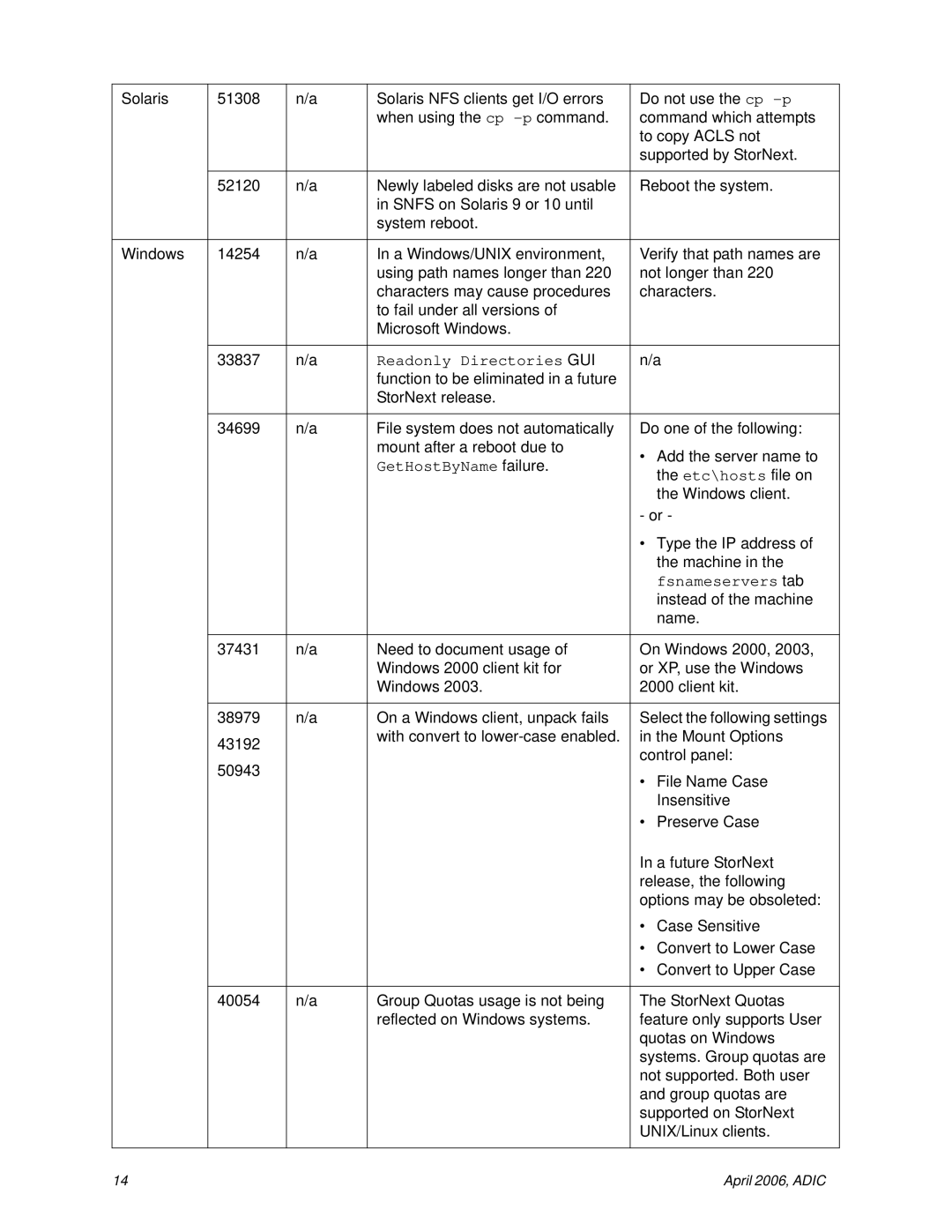1.3 specifications
ADIC 1.3, short for Advanced Digital Interface Controller, is a powerful and innovative technology designed to streamline and enhance digital communications across a range of platforms and devices. The third iteration of this interface controller introduces numerous features and improvements that make it a key player in the evolving landscape of digital connectivity.One of the standout features of ADIC 1.3 is its enhanced bandwidth capabilities. With support for high-speed data transfer rates, this version allows for efficient and rapid communication between devices, minimizing latency and maximizing throughput. This is particularly beneficial in applications that require real-time data processing, such as telecommunications, video streaming, and online gaming.
In addition to improved bandwidth, ADIC 1.3 incorporates advanced error-correction technologies. These algorithms are designed to identify and rectify data transmission errors, ensuring the integrity and reliability of the digital communication. This makes the technology well-suited for environments where data loss can have significant repercussions, such as in financial transactions or mission-critical operations.
Another hallmark of ADIC 1.3 is its compatibility with a wide range of protocols. By supporting various communication standards, this interface controller can easily integrate into existing systems and applications. This flexibility is particularly useful for businesses and organizations looking to upgrade their infrastructure without overhauling their entire network.
ADIC 1.3 also boasts robust security features to safeguard transmitted data. With the ever-increasing threat landscape of cyberattacks, the implementation of encryption protocols and secure access measures is essential. This ensures that sensitive information remains protected during transmission, instilling confidence in users and organizations alike.
The user-friendly nature of ADIC 1.3 further sets it apart from its predecessors. Its intuitive configuration options and management tools make it simple for network administrators to deploy and maintain. Coupled with comprehensive documentation and support resources, the technology is accessible to both seasoned professionals and those new to digital interface management.
Power efficiency is another critical aspect of ADIC 1.3. By optimizing resource consumption, the technology contributes to lower operational costs and minimizes environmental impact. This focus on sustainability resonates with many organizations seeking to implement greener practices in their operations.
In conclusion, ADIC 1.3 represents a significant advancement in digital interface technology. With its high-speed capabilities, error-correction features, protocol versatility, robust security measures, user-friendly design, and focus on energy efficiency, it is poised to play a vital role in the future of digital communication, catering to a wide array of industries and applications.
